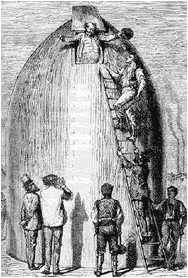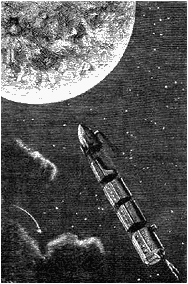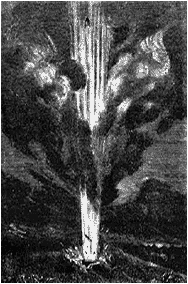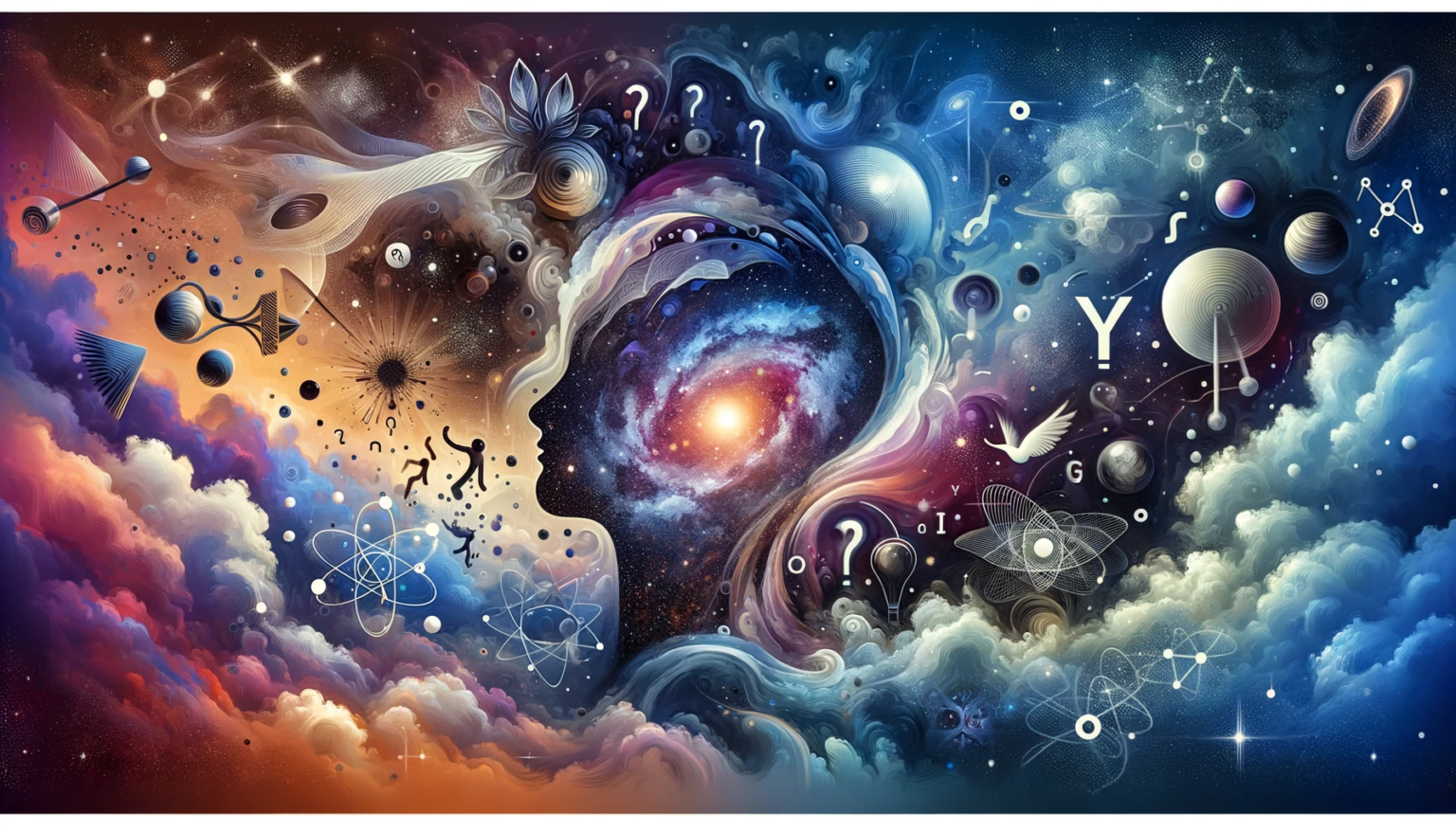The following was written by Stanton Friedman on May 1, 2002. It is part of The Stanton Friedman Collection as archived here on The Black Vault.
My Letter to the New York Times
By Stanton Friedman
The following article was published in the New York Times weekly Science section.
The author is head of the physics department at Case Western University.
Odds Are Stacked When Science Tries to Debate Pseudoscience
 I vividly remember the first time I was hijacked on the radio. I had agreed to participate in a debate for a Florida radio program that specialized in alien visits and U.F.O. sightings. My better judgment suggested that I should be wary. But I thought if I kept my focus purely on the physics challenges involved in space travel, I might be able to persuade some listeners to be skeptical of the claims that aliens were regularly visiting, abducting and experimenting with our fellow earthlings.
I vividly remember the first time I was hijacked on the radio. I had agreed to participate in a debate for a Florida radio program that specialized in alien visits and U.F.O. sightings. My better judgment suggested that I should be wary. But I thought if I kept my focus purely on the physics challenges involved in space travel, I might be able to persuade some listeners to be skeptical of the claims that aliens were regularly visiting, abducting and experimenting with our fellow earthlings.
I should have known better. After 45 minutes defending myself against the claim that I was close-minded, when I argued that science did in fact impose constraints on what is possible, and politely responding to demands that I must first scrupulously review all the specific claims of alien sightings before I could possibly have the temerity to make general statements about plausibility or implausibility, I felt that any uninformed listeners who might have been waiting to be swayed probably found themselves merely confused at the end of the show.
In a debate that confronts the results of science with pseudoscience, from alien abductions and crop circles on one hand to the health benefits of weak magnetic fields or young earth creationism on the other, the odds are stacked against science.
Part of the problem is uniquely American. We in the United States are constantly regaled by stories about the limitless possibilities open to those with know-how and a spirit of enterprise. Combine that with a public that perceives the limits of science as targets that are constantly being overcome, and the suggestion that anything is absolutely impossible seems like an affront. Indeed, modern technology has made the seemingly impossible almost ordinary. How often have I heard the cry from an audience, “Yeah, but 300 years ago people would have said it would be impossible to fly!”
Although true, the problem with that assertion is that 300 years ago people did not know enough about the laws of physics to make the assertion, so the claim would have been improper. Had they made a simpler claim like, “Three hundred years from now, if you drop this cannonball off the Tower of Pisa, it will fall down,” they would have been right.
 Although it is probably true that there is far more that we do not know about nature than that we do know, we do know something! We know that balls, when dropped, fall down. We do know that the earth is round and not flat. We do know how electromagnetism works, and we do know that the earth is billions of years old, not thousands.
Although it is probably true that there is far more that we do not know about nature than that we do know, we do know something! We know that balls, when dropped, fall down. We do know that the earth is round and not flat. We do know how electromagnetism works, and we do know that the earth is billions of years old, not thousands.
We may not know how spacecraft of the future will be propelled, whether matter-antimatter drives will be built or even if time travel is possible. But we do know, absolutely, how much on-board fuel will be needed to speed up a substantial spacecraft to near the speed of light — an enormous amount, probably enough to power all of human civilization at the present time for perhaps a decade. That means that aliens who want to come here from a distant star will probably have to have some better reason than merely performing secret kinky experiments on the patients of a Harvard psychiatrist.
As difficult as debating ultimate limits of the possible may be, there is another debate that is even harder to win. But it is a debate that may be even more important. It is a debate on the “fairness” of science. The reason for the difficulty is simple. Science is not fair. All ideas are not treated equally. Only those that have satisfied the test of experiment or can be tested by experiment have any currency. Beautiful ideas, elegant ideas and even sacrosanct notions are not immune from termination by the chilling knife edge of experimental data. In Ohio, a debate is raging over whether to teach “intelligent design” alongside evolution in high school biology classes. Intelligent design is based on the belief that life is too complicated to explain by natural causes alone and that some intelligence, ultimately some divine intelligence, must have created the original life forms on earth or guided their development.
Proponents of that idea suggest that including it in the curriculum is simply a question of fairness. If a significant number of people do not believe that evolution provides an adequate explanation of the origin of species, they argue, then it is only fair to present both sides of the argument in a high school science class.
But at least half of Americans polled in a recent survey by the National Science Foundation did not know that Earth orbits the Sun, and that it takes a year to do so. Does this mean we should teach that Earth is the center of the universe? Of course not. It merely means that we are not doing a very good job informing the public about physics.
Science is not a democratic process. It does not proceed by majority rule and it does not accept notions that have already been disproven by experiment.
Intelligent design makes assertions that cannot be tested by experiment. Those assertions that can be tested, say about blood clotting or the claimed irreducible complexity of various components of cells, seem to have thus far failed those tests. So intelligent design does not belong in a science class. End of story.
Nevertheless, recently the Ohio State School Board felt it necessary to run a hearing on evolution vs. intelligent design in a debate format, with two proponents of evolution to face off against two advocates of intelligent design in Columbus.
 One might think that I would know better than to agree to participate in such a debate. But I did, because I felt the education of schoolchildren in Ohio was so important. Nevertheless, I tried to learn from my earlier mistakes. Merely having a debate inevitably suggests that each side has some credibility. As a result, opponents of the scientific method like creationists try very hard to appear in debates with scientists. Merely being on the same stage represents a victory!
One might think that I would know better than to agree to participate in such a debate. But I did, because I felt the education of schoolchildren in Ohio was so important. Nevertheless, I tried to learn from my earlier mistakes. Merely having a debate inevitably suggests that each side has some credibility. As a result, opponents of the scientific method like creationists try very hard to appear in debates with scientists. Merely being on the same stage represents a victory!
I made sure that I emphasized this intrinsic inequity in my opening remarks in Columbus, and it colored much of the subsequent discussion, as well as the later reporting of the event. I do not know whether it was sufficient to let listeners focus on whether there was really anything worth debating in the first place. But it at least allowed for that possibility.
In the meantime, for those scientists who find themselves thrust in such public debates, I have found at least one useful tool. When debating U.F.O. experts, ask them whether they believe in “Young Earth Creationism.” When debating young earth creationists, ask them whether they believe in alien U.F.O.’s. When they say no, ask why. Their answers will inevitably shed light on the weakness of their own positions.
Of course, as has once happened to me, you might find yourself debating a U.F.O.-believing creationist. But you can’t win them all. My hope is that you can win at least some of the time.
Stanton T. Friedman, |
Follow The Black Vault on Social Media:

